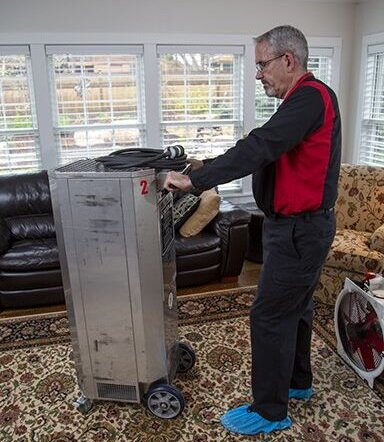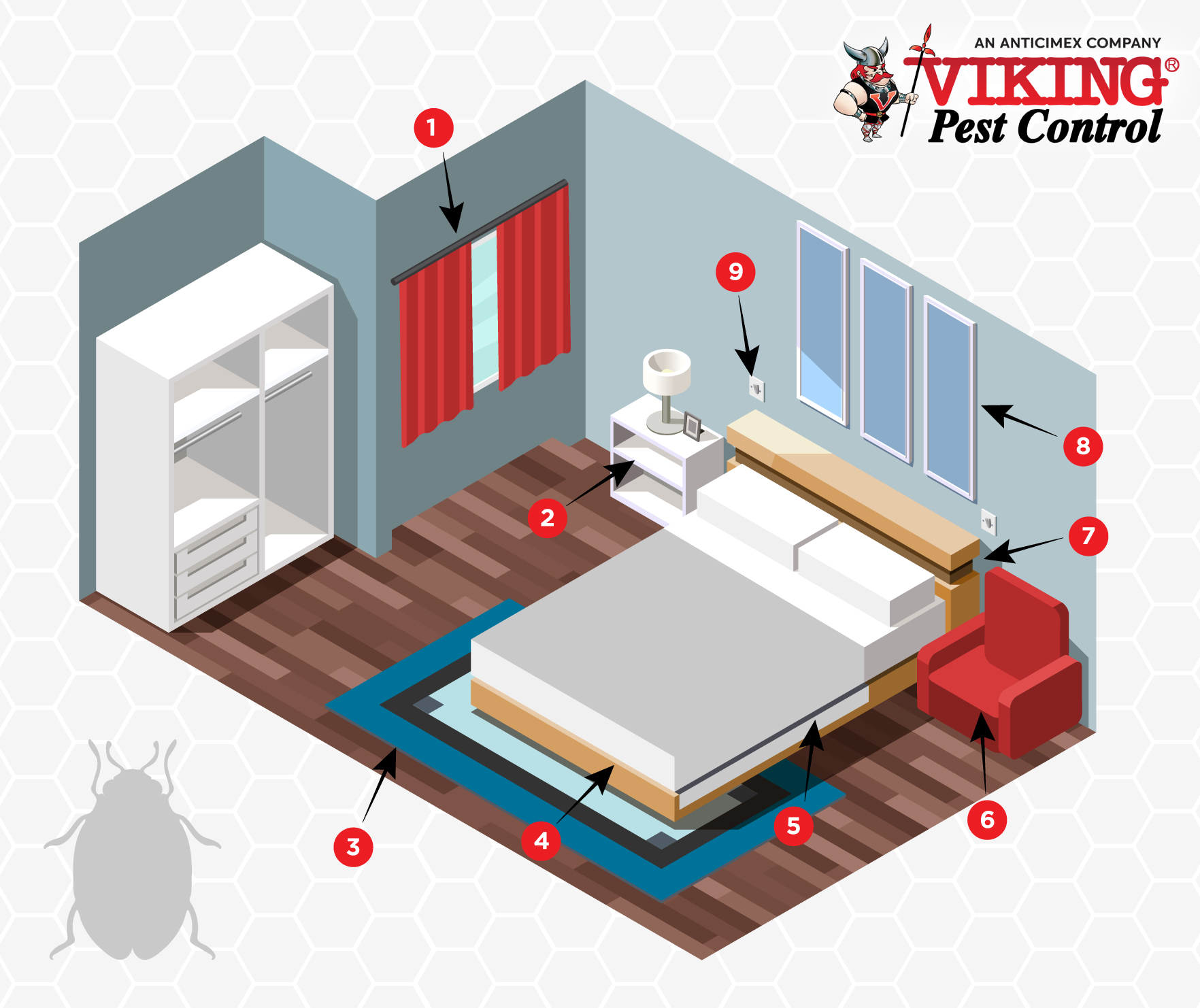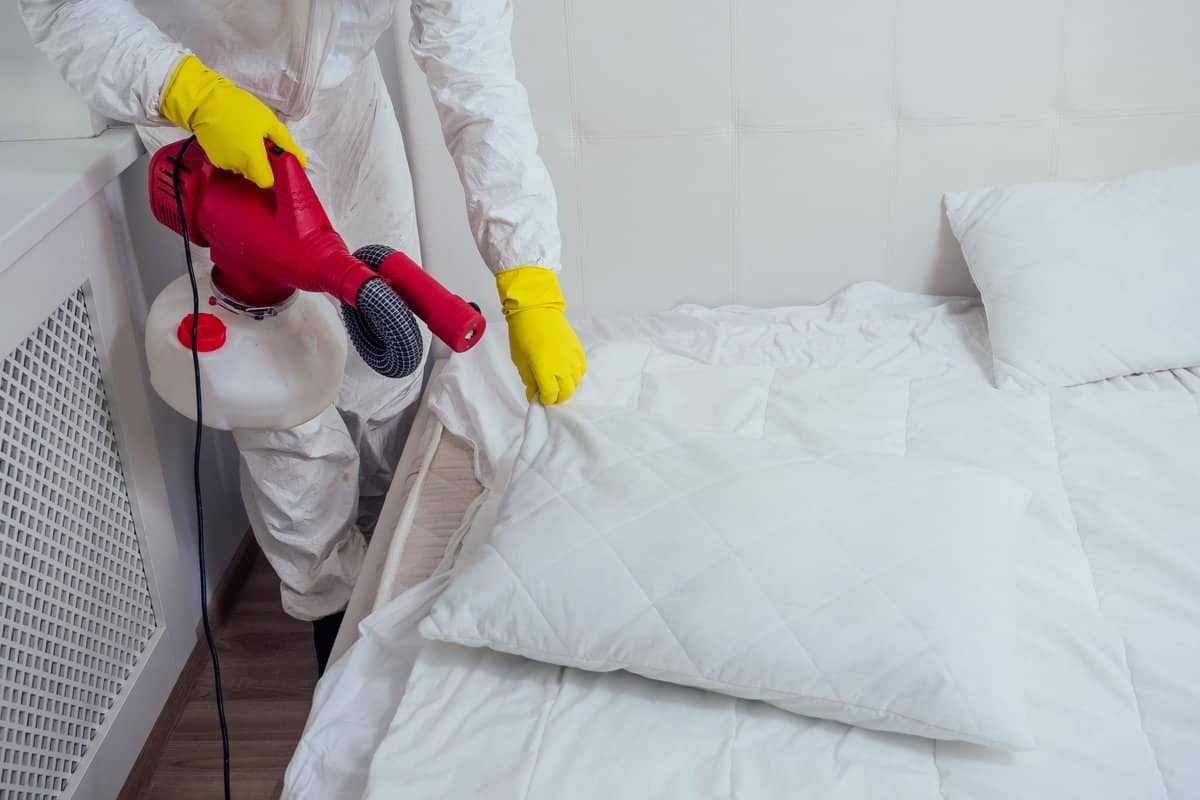Comprehensive Kings Pest Control Services Cincinnati OH
Comprehensive Kings Pest Control Services Cincinnati OH
Blog Article
Kinds Of Pest Control: Which Method Is Right for Your Invasion?
When encountered with a bug invasion, the selection of an appropriate method for parasite control is critical in properly handling the situation. By discovering the different types of pest control methods available, people can make informed choices customized to their one-of-a-kind situations, ensuring a more lasting and efficient end result in pest elimination.
Chemical Pest Control
Chemical pest control includes making use of artificial or normally obtained chemicals to take care of and get rid of pest populations properly. This technique is generally used in farming, forestry, and residential setups to combat a wide variety of insects, consisting of rats, weeds, and pests. The use of chemical pesticides can supply fast and targeted solutions to pest invasions, making it a preferred choice for numerous people and organizations.
One of the essential benefits of chemical parasite control is its ability to quickly get rid of parasites, reducing the danger of damage to plants, residential or commercial property, and human wellness. By utilizing certain chemicals that target certain insects, this technique can properly control problems while minimizing damage to useful microorganisms and the environment when applied properly.
Nonetheless, making use of chemical insect control likewise increases problems concerning potential unfavorable impacts on non-target varieties, water resources, and human health. It is essential to follow safety and security standards, apply chemicals properly, and think about different pest control methods to decrease these risks and guarantee lasting bug monitoring techniques.
Biological Bug Control
Organic pest control, also referred to as biocontrol, uses living microorganisms to minimize and handle bug populaces naturally. This technique takes advantage of the power of nature to manage insects without the need for artificial chemicals. Biocontrol can entail the intro of natural adversaries of the pest species, such as parasites, killers, or pathogens, to subdue bug populations. By utilizing the parasite's natural predators or virus, biological parasite control uses a environmentally pleasant and sustainable remedy to pest administration.

Mechanical Parasite Control
Making use of physical and hand-operated approaches to take care of parasite populaces, mechanical bug control provides an alternate technique that does not depend on making use of living microorganisms or synthetic chemicals. This method involves the use of obstacles, catches, or various other gadgets to literally prevent or get rid of pests. By blocking insect entry factors or establishing traps to capture them, mechanical insect control can efficiently reduce problems without introducing chemicals right into the atmosphere.
One common instance of mechanical insect control is using mesh displays on doors and home windows to avoid insects from getting in buildings. This simple yet reliable method works as a physical barrier, maintaining bugs out while enabling correct ventilation. In addition, devices like mousetraps, fly swatters, and ultrasonic repellents drop under the mechanical insect control group.
While mechanical bug control approaches can be labor-intensive and need regular tracking and maintenance, they use a sustainable and ecologically pleasant remedy for handling parasite infestations. By incorporating different mechanical strategies, property proprietors can develop an extensive parasite control technique that decreases reliance on chemical pesticides.
Physical Parasite Control

Some typical physical bug control techniques consist of the usage of obstacles such as internet or screens to stop pest access, traps to capture and eliminate pests, and hand-picking to literally eliminate insects from plants or structures. In addition, methods like warm therapies can be utilized to control pests like bed pests by increasing the temperature to degrees that are lethal to the pests.
Physical bug control is particularly valuable in incorporated insect monitoring (IPM) methods, where several insect control approaches are combined for reliable insect monitoring while decreasing the use of chemicals. By making use of physical bug control strategies, individuals can effectively attend to pest problems with minimal ecological impact.
Integrated Bug Management
When applying physical insect control approaches as part of parasite management strategies, Integrated Insect Monitoring (IPM) becomes a comprehensive strategy that leverages different strategies to effectively manage pest populaces. IPM focuses on lasting prevention of parasites with a combination of biological, social, physical, and chemical tools customized to certain pest problems. By incorporating multiple control techniques, IPM intends to reduce the threats associated with bugs while also minimizing dependence on chemical options.
One secret facet of IPM is the emphasis on tracking and analyzing pest populaces to identify one of the most suitable control techniques. This aggressive method permits for early treatment and targeted approaches, leading to much more effective parasite monitoring. In addition, IPM promotes eco-friendly practices by prioritizing non-chemical control techniques and only utilizing chemicals as a last option.
Verdict

By utilizing the parasite's natural killers or pathogens, biological parasite control offers a eco friendly and sustainable option to pest monitoring. - Kings exterminator cincinnati
Making use of hand-operated and physical approaches to take care of parasite populaces, mechanical bug control uses a different technique that does not depend on the use of living microorganisms or synthetic chemicals.An efficient strategy to taking care of bug populaces without counting on chemical or biological methods includes the use of physical insect control techniques.When carrying out physical insect control methods as part of pest monitoring approaches, Integrated Bug Administration (IPM) emerges as an extensive approach that leverages numerous strategies to successfully control pest populations. Chemical parasite control includes the use of chemicals, organic insect control utilizes all-natural predators, mechanical pest control entails physical obstacles, physical insect control consists of capturing or removing pests, and incorporated insect management incorporates several approaches for an alternative method to pest control.
Report this page